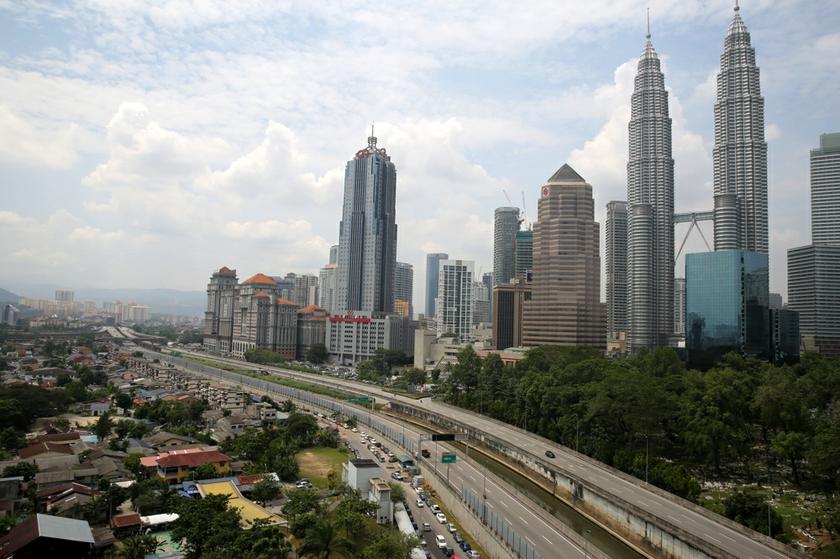KUALA LUMPUR, March 30 ― It is crucial for Malaysia to reform its services sector in order to achieve advanced services and innovations for its future economic growth post Covid-19, said Dr Aaditya Mattoo, chief economist of the East Asia and Pacific Region of the World Bank.
He is of the view that some restrictions imposed by the authorities, particularly access to the Malaysian market, need to be reviewed to attract more trade and investment in the services sector going forward.
“Malaysia (has) reaped the benefits of openness to trade and investment in goods, but why does it persists with restrictions in services?
“There are three pillars in reform ― opening up the market by eliminating restrictions on entry and reducing discretion in licensing; move from conventional (to a more modern and advance) regulations; and improving access to services,” he said at the Economic Action Council Executive Talk Series here today.
The virtual talk titled Future Economic and Business Landscape was moderated by Minister in the Prime Minister’s Department (Economy) Datuk Seri Mustapa Mohamed.
Mattoo said other long-term structural challenges that need to be addressed by Malaysia were its innovation deficit and fiscal limitation.
He said Malaysia’s productivity growth was slower than that of its peers with a very large proportion of talented Malaysians working outside the country.
Therefore, creating and retaining skilled human capital in the country is crucial, he added.
On fiscal constrains, Mattoo said many countries in this region have an inner sense to adopt a low tax approach and Malaysia’s direct income and commodity taxes were unusually low by the global standard.
Countries could not act in silo as it is very hard in today’s world to raise taxes as foreign investors are mobile and could run away to other jurisdictions, he said.
He suggested that a greater regional tax cooperation needs to be fully explored to help increase Malaysia's revenue collection, which has been showing a declining pattern since 2012.
“Regional cooperation will get through this better than a neighbour competition to try attract investment by reducing taxes or giving tax holidays.
“Maybe you can’t do it (raise tax) today, but you could pass that reform today and implement five years from now,” he added. ― Bernama






















